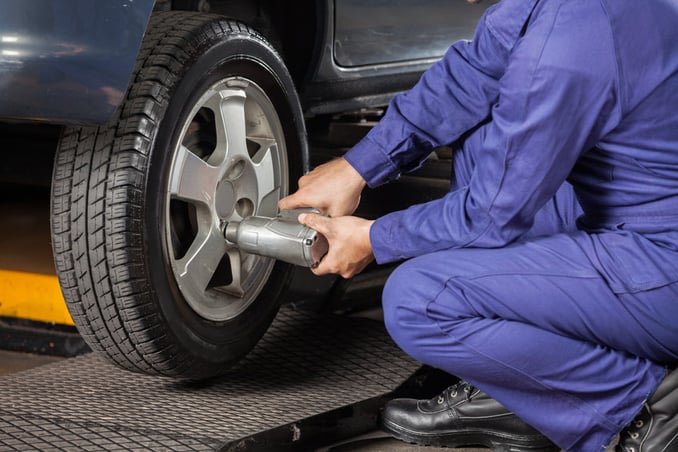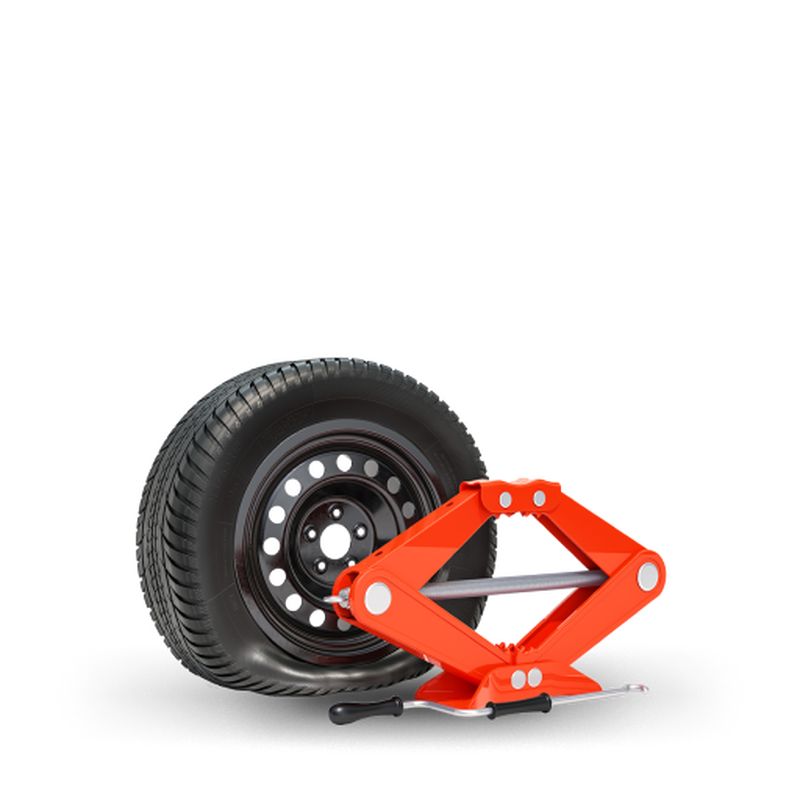Raise Your Trip: Trust Fund Morris Tires for GMC Tires Service
Raise Your Trip: Trust Fund Morris Tires for GMC Tires Service
Blog Article
Tire Service: The Effect of Climate Condition
When it concerns guaranteeing optimal efficiency and safety on the road, recognizing the impact of weather on tire service is important. From scorching warmth to icy roads, each weather component can substantially affect tire capability and overall driving experience. By diving into the effects of varying weather on tires, motorists can get important insights that may improve their car's performance and long life. In this conversation, we will certainly discover the detailed connection between weather and tire solution, clarifying the relevance of weather-specific tire maintenance methods and factors to consider.
Warmth and Tire Efficiency
When subjected to heats, tires experience changes in performance that can significantly impact car safety and security and handling. The warm produced from extended driving or heat problems creates the tire rubber to soften, leading to decreased walk life and enhanced wear. As the rubber ends up being softer, the tire's hold on the roadway lessens, impacting stopping ranges and total traction. In extreme cases, excessive heat can even cause tire blowouts, posing a serious security threat to the car and its residents.

Cold Weather Effects
Winter problems can have a considerable influence on tire performance and security. As temperature levels drop, tire rubber can solidify, resulting in lowered grip on icy or snow-covered roads. In chilly climate, tires may additionally lose atmospheric pressure extra swiftly, which can influence handling and gas effectiveness. Additionally, chilly temperatures can trigger tire sidewalls to tense, enhancing the risk of damages from potholes or other roadway hazards.
To minimize the results of chilly climate on tires, it is essential to regularly check tire stress and inflate them to the supplier's recommended levels. Making use of winter months or all-season tires created for winter conditions can also enhance traction and grip on icy or snowy roadways. Appropriate tire upkeep, including regular inspections for wear and damage, ends up being a lot more vital during cooler months to make certain optimum efficiency and safety and security.
Rainy Issues Impact
During rainy problems, tire performance and safety and security can be significantly affected by the damp road surface areas and lowered exposure. The step pattern of tires plays an essential duty in keeping traction on wet roads. Tires with damaged footsteps are much more susceptible to hydroplaning, where a layer of water accumulates between the tire and the road surface area, leading to loss of grip. To combat this, vehicle drivers must consistently inspect their tires for adequate step deepness and think about purchasing tires specifically designed for damp problems.
Moreover, wet climate can additionally reduce presence, making it testing for motorists to see the roadway in advance clearly (GMC Tire Service). In such problems, it is important to adjust driving rates accordingly and maintain a risk-free following range to permit unexpected quits. Appropriately inflated tires can additionally help in preserving control on damp roads by giving much better handling and grasp
Snow and Tire Safety And Security
Snow-covered roads posture unique obstacles for vehicle drivers, emphasizing the significance of appropriate tire selection and maintenance. When driving in snowy conditions, having the right tires can make a significant difference in safety and security and performance. Wintertime tires are made with special rubber substances and tread patterns to supply far better grip on snow and ice contrasted to all-season tires. The much deeper treads and sipes of winter tires help hold the roadway better, minimizing the danger of slipping and sliding.

It is vital to adhere to manufacturer guidelines when installing and visit their website making use of tire chains to stop damage to the tires and vehicle. By picking the ideal tires, keeping proper inflation, and thinking about added grip aids like tire chains, drivers can boost their security when navigating snow-covered click for source roads.
Weather-Related Tire Upkeep
Weather-related tire upkeep includes a variety of techniques intended at making certain ideal tire function and durability in various climate circumstances. One essential aspect of weather-related tire maintenance is tire stress regulation. Inspecting tire step regularly and changing tires when tread wear reaches a particular deepness is vital for preserving traction and security in negative weather.
Conclusion
In final thought, climate problems have a considerable effect on tire efficiency and safety. From warm influencing tire pressure and put on to cool weather condition reducing grip, it is necessary to think about the weather condition when keeping and utilizing tires.
In this discussion, we will certainly discover the detailed partnership in between weather conditions and tire service, dropping light on the importance of weather-specific tire upkeep practices and factors to consider.

Report this page